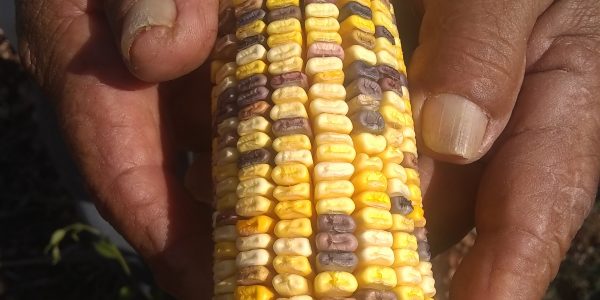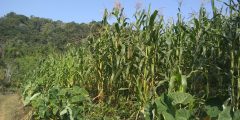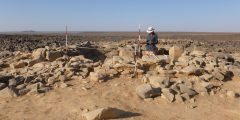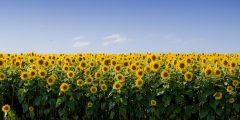Modelling ancient Mayan farming – An interview with Rik Rutjens
November 5, 2020
Rik Rutjens is a PhD candidate with the Palaeobenchmarking Resilient Agricultural Systems (PalaeoRAS) project. Photo (right) by Karla Hernandez-Aguilar Why did you decide to do a PhD? What were you doing before? After completing my undergraduate and masters degrees at Eindhoven University of Technology in the Netherlands, I could not decide which path to take for my future: research or industry? Eventually, a research internship at San Diego …
Indigenous Farming in Mexico and Belize – An interview with Karla Hernandez-Aguilar
October 15, 2020
Karla G. Hernandez-Aguilar is a PhD student on the Palaeobenchmarking Resilient Agricultural Systems (PalaeoRAS) project Why did you decide to do a PhD? What were you doing before? Before joining the University of Nottingham, I worked in Southern Belize for two and a half years as the Protected Areas Program Director at an NGO called Ya’axche Conservation Trust. I established working relationships with many indigenous …
Palaeobenchmarking Resilient Agricultural Systems (PalaeoRAS) – by Prof. Matt Jones
October 12, 2020
Professor Matthew Jones heads up the Palaeobenchmarking Resilient Agricultural Systems (PalaeoRAS) project. The project comprises 10 researchers and over 20 academic staff across 5 Schools at the University of Nottingham. PalaeoRAS is funded by the Future Food Beacon through its Innovation Challenge programme. The PalaeoRAS project and its aims PalaeoRAS seeks to understand how plants …
Greenhouse gas emissions from sunflower oil production – by Thomas Alcock
August 19, 2020
Vegetable oil production around the world Today, global food systems are responsible for 26% of all of the world’s greenhouse gas (GHG) emissions. Crops grown for vegetable oil and their co-products, such as animal feed, account for 19% of non-pasture, cropped land. They therefore represent a major source of GHG emissions, which are only set …





Recent Comments